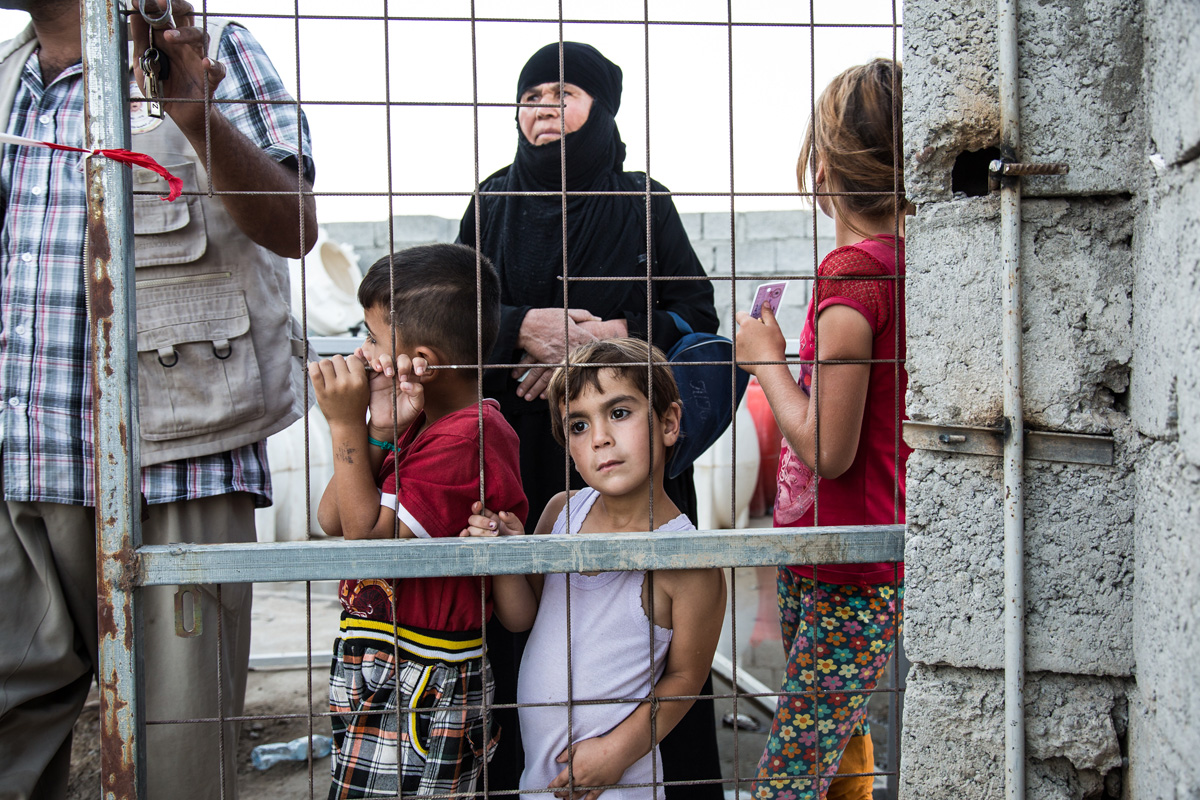-
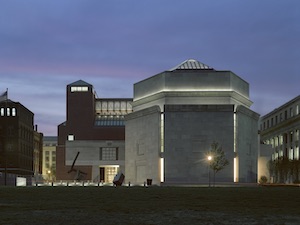
Days of Remembrance Discussion with Mike Posner
April 29, 2010
In commemoration of the 65th anniversary of the liberation of Nazi concentration camps, the U.S. Holocaust Memorial Museum designated Stories of Freedom: What You Do Matters as the theme for Days of Remembrance 2010. Among the events the Museum held was an interview conducted by Sara Bloomfield, Director of the Museum, with Assistant Secretary of State Mike Posner. Posner addressed the challenges of fighting anti-Semitism and responding to genocide today. Assistant Secretary Posner complimented the work of the Genocide Prevention Task Force, which the Museum helped convene, and discussed progress that the Obama Administration has made in implementing the recommendations of the Task Force report.
-

Sudan Votes
April 12, 2010
On Sunday morning, April 11, Sudanese began arriving at the polls to vote in their country’s first multi-party elections in 24 years. In the days leading up to the election, however, the number of candidates vying for office became considerably more limited.
-

Marking the 16th Anniversary of the Genocide in Rwanda
April 5, 2010
Joseline was 17 when genocide came to her village in Butamwe in central Rwanda in April 1994. As Hutu men and boys -- men and boys that Joseline had grown up with -- began killing and raping their Tutsi friends and neighbors, Joseline ran into the tall grass around her village. For three days, she hid there until the fields were set ablaze.
-
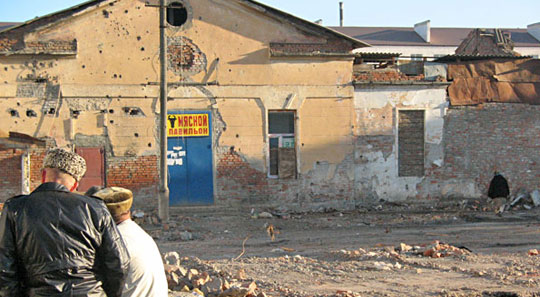
Sinister and Disturbing: An Update from Chechnya
March 24, 2010
After visiting Chechnya on a fact-finding mission last month, British parliamentarians Jo Swinson and Frank Judd described the human rights situation in Grozny as "sinister and very disturbing." From 1999 to 2003, Judd was rapporteur to the parliamentary assembly of the Council of Europe on Chechnya. He resigned from this position in 2003 in protest of the Chechen constitution referendum, which he believed was rigged and which ultimately gave Chechnya more autonomy, but stipulated that it remain firmly a part of Russia. Later that year, Judd explained the disappointments that led to his decision during a program at the Museum.
-
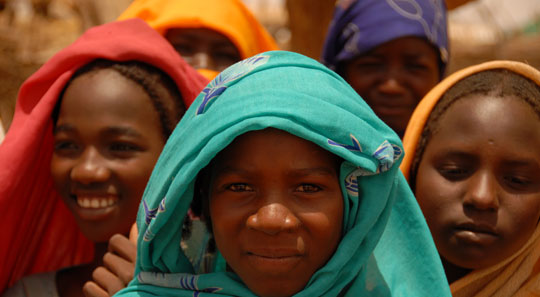
Building Democracy from the Ashes of Genocide?: Elections in Sudan
March 11, 2010
In just a little over one month, Sudan will face its first major elections in 24 years.
-

Grenade Attacks in Kigali, as Rwanda Looks to Elections
March 10, 2010
Earlier this month, two grenade attacks occurred nearly simultaneously in Kigali, wounding at least 16 people. Last month, a similar attack involving a trio of explosions killed one person and injured 30. Rwandan authorities blamed the earlier attack on former army chief Lt. Gen. Faustin Kayumba Nyamwasa, who resigned as Rwanda's ambassador to India in late February and fled to South Africa in exile. Naymwasa denies the allegations and accuses the government of branding him as a member of the opposition.
-
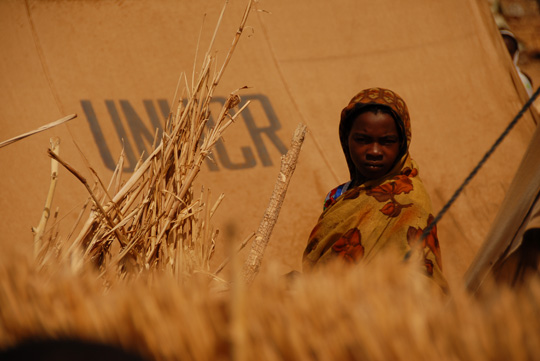
International Women’s Day 2010
March 8, 2010
Today, the world marks International Women's Day. Cities and nations all over the world take the day to celebrate the achievements of women and call attention to the challenges that they still face.
-
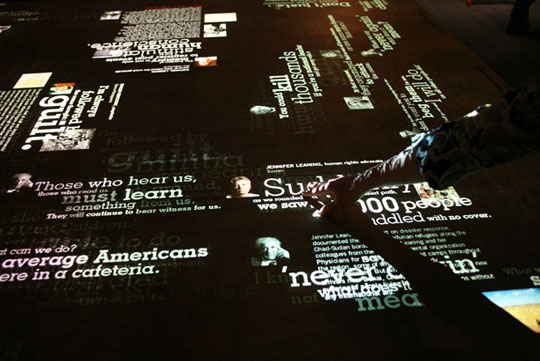
A Winning Spot for our Eyewitness Interactive Table!
March 5, 2010
From nearly 2,000 entries, Communication Arts has awarded the eyewitness interactive table in our exhibit, "From Memory to Action: Meeting the Challenge of Genocide", a winning spot in their Interactive Annual 2010!
-
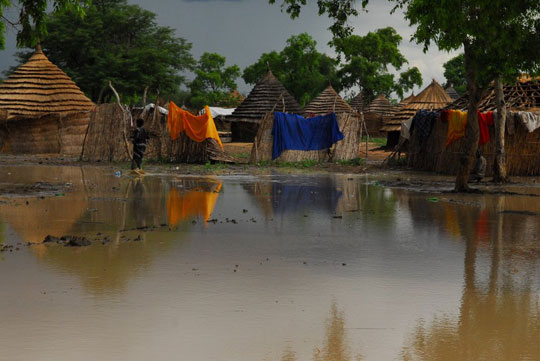
How Genocide Became A National Security Threat
March 1, 2010
In Foreign Policy, Mike Abramowitz, the Director of the Committee on Conscience at the Museum, and Lawrence Woocher, senior program officer at USIP, discuss the significance of intelligence chief Dennis Blair's testimony to the Senate and his emphasis on the risks facing Southern Sudan.
-

Director of National Intelligence Emphasizes Risk in Southern Sudan and Concern for Bosnia
February 4, 2010
Addressing the Senate Foreign Relations Committee on Tuesday, Dennis Blair, the Director of National Intelligence, emphasized -- above all other parallel risks -- the potential for mass killing or genocide in South Sudan. His analysis came as part of the Annual Threat Assessment of the U.S. Intelligence Community for the Senate Select Committee on Intelligence.
